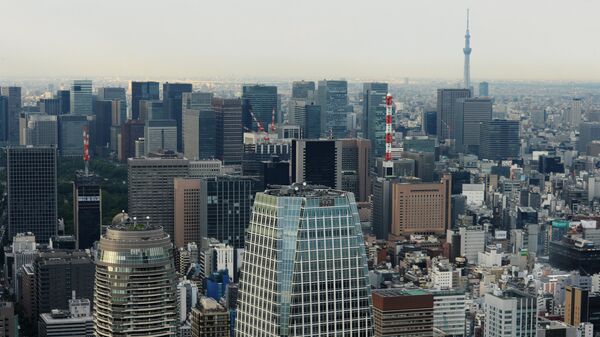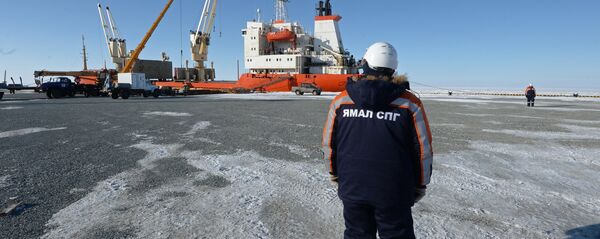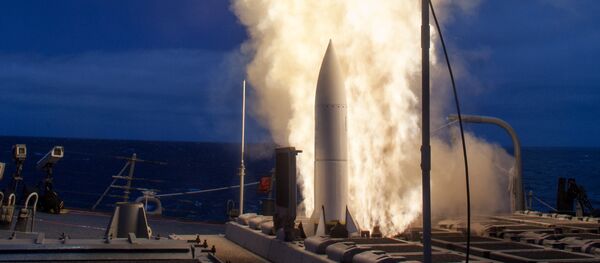Kristian Rouz – Japanese foreign trade posted a solid expansion last month, pointing to broader economic acceleration as Abenomics enters its fourth year. However, despite Bank of Japan’s (BoJ) effort to boost inflation, with help from Prime Minister Shinzo Abe’s heightened budget spending, inflation remains feeble.
This means long-term challenges to the Japanese economy persist, not least due to the strength of the national currency, the yen. The yen’s safe-haven status hinders the positive effects of foreign trade expansion to the economy, and market participants expect a further expansion of fiscal stimulus from PM Abe’s cabinet.
Japan’s exports rose an impressive 16 percent year-on-year in November, drawing support from a robust demand for manufactured goods in China and the US. Overseas demand for cars and manufacturing equipment – bolstered by greater private-sector capital spending in the US – suggests the Japanese economy has accelerated closer to the year-end.
"Without any sign of weakening in exports, Japan’s economy will probably keep recovering gradually," Norio Miyagawa of Mizuho Securities Co. said." The BOJ must be gaining confidence in the economy with today’s export data.Japan’s foreign trade partners also demonstrated a solid demand for semiconductors and computer hardware.
Japan’s foreign trade surplus has overall dropped 23 percent year-on-year to just $1 billion. Exports totalled at $61.4 billion, whilst imports came in at $60.4 billion, according to preliminary data from the nation’s customs service.
"The general trend hasn’t shifted a great deal from last month, but the positive aspects are clearer with this month’s data," Miyagawa said.
Japan’s exports have significantly recovered, and the nation’s corporate sector is showing signs of acceleration, in line with global economic growth dynamics. The nation’s largest manufacturers’ confidence has surged to its highest in a decade, erasing Great Recession anxiety.
This suggests Abenomics is gradually bringing the Japanese economy back on track to expansion. However, the nation is mired in significant national debt, with a debt-to-GDP ratio exceeding 250 percent. This limits the Abe cabinet’s options to introduce a more substantial fiscal stimulus.
PM Abe’s possible options to spur inflation – at 0.2 percent annualized in October – might include adding unconventional fiscal measures, such as deeper tax cuts or higher spending, coupled with higher customs tariffs.
The BoJ, on its part, could implement the previously untested measures of price-level targeting, thus spurring inflation via greater interference in the open market price-setting process.
PM Abe has yet to announce his net economic policy directives. Meanwhile, the Japanese economy grew a solid 2.5 percent in the past quarter, and the ongoing recovery in foreign trade suggests its GDP could surpass that reading this outgoing quarter.
"The export climate index was the highest in nearly three years in November and suggests that export volumes will continue to rise strongly," says Marcel Thieliant of Capital Economics.
This as Japan’s trade surplus with the rest of Asia alone soared almost 26 percent. In order to boost its trade surplus, Japan might consider recommissioning its nuclear reactors, as an excessive reliance on fossil fuels is a drag to the oil-stripped island economy.






